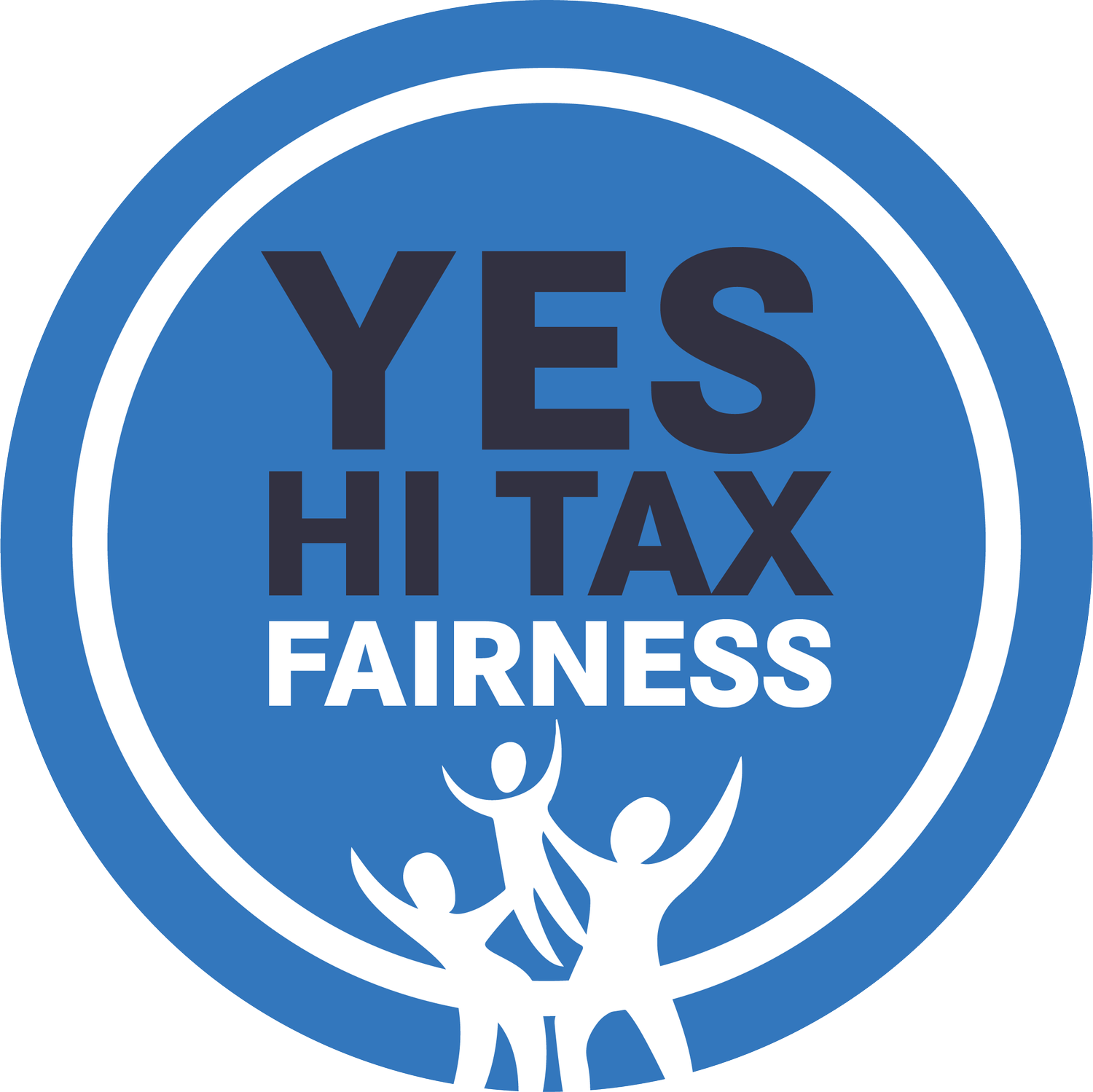REITs should contribute more
Established by Congress six decades ago, the framework for Real Estate Investment Trusts (REITs) allows small investors to draw benefits from large for-profit developments such as retail centers and resorts. In Hawaiʻi, these include Ala Moana Center and Hilton Hawaiian Village Waikiki Beach Resort, to name but a few.
Scores of REITs own property in the islands, with a collective estimated total value of $17 billion. But unlike other businesses, the trusts in Hawaiʻi—and in nearly every other state—are effectively exempt from state income tax.
REITs are required to distribute at least 90 percent of their profits to their shareholders each year, and under the federal tax code, are allowed to deduct those distributions to shareholders from their corporate income tax liabilities. Shareholders pay income taxes in the states in which they live.
In Hawaiʻi’s case, while we have more REITs per capita than any other state, a vast majority of the shareholders live elsewhere. The upshot is an inequity in which Hawaiʻi taxpayers are essentially subsidizing costs of government services and infrastructure upkeep that our communities—REITs developments included—depend on.
Senate Bill 2697 aims to set right the matter by eliminating the deduction and requiring REITs to pay state corporate income taxes.

